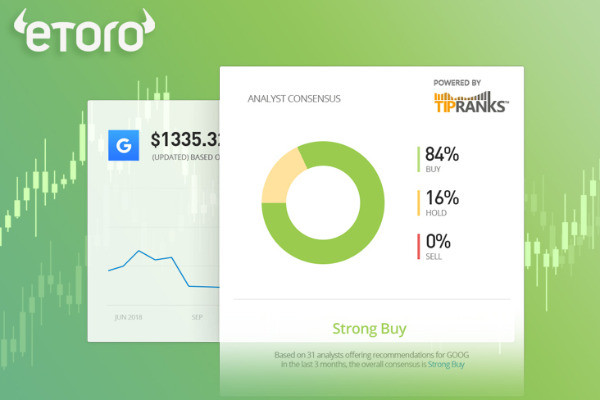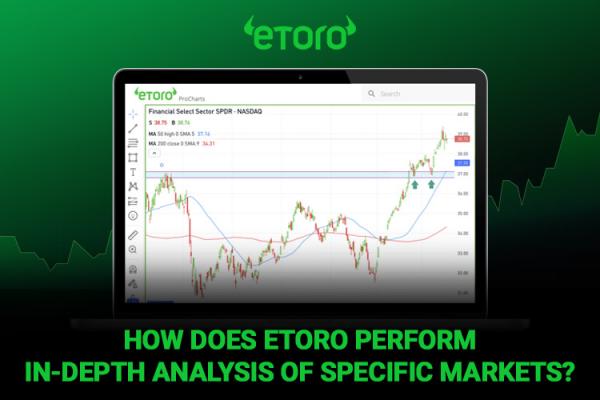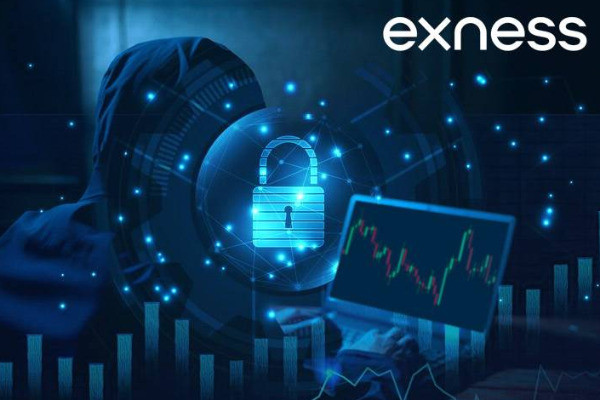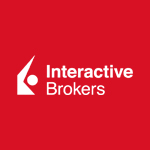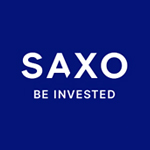Saxo Bank and Interactive Brokers are equally solid in terms of fund safety and asset portfolio. You should choose the best broker according to the features instead.
Both Saxo Bank and Interactive Brokers have occupied a large following among traders. But which one is the best broker for you? Let's compare both popular online brokers for fund safety, user convenience, trading fees, and more.
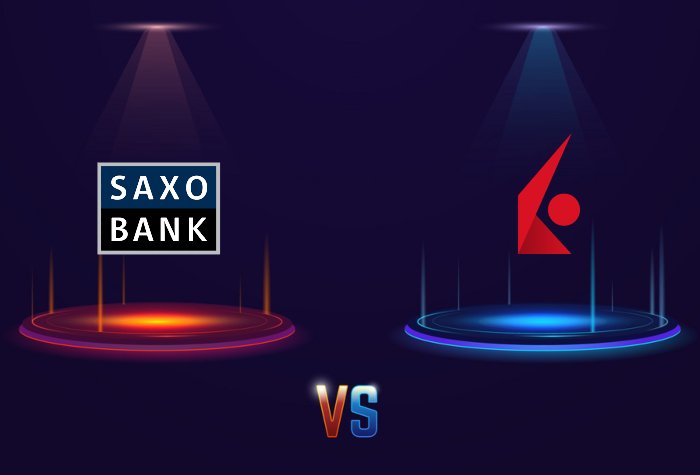
Saxo Bank
- Wide array of tradable instruments.
- Expensive minimum deposit.
- Institutional-grade quotes.
- Professional-grade trading platform.
- Excellent research and management team.
Established in 1992, Saxo Bank initially obtained banking licenses but did not offer common banking products. Instead, the company later expanded through its online platforms in forex, stocks, CFDs, futures, funds, bonds, and futures. It is now more popular as a brokerage firm and investment fintech provider with over 100 financial institutions attached to Saxo Bank's platforms on a white-label basis.
Since Saxo Bank took the role of a prime broker, traders are guaranteed to receive professional-grade trading platform and institutional-grade quotes. They provide no less than 4000 instruments and professional asset management, including 19,000+ stocks on 37 exchanges worldwide, 9,000 CFDs, 182 FX pairs, 140 FX forwards, in addition to futures, ETFs, bonds, mutual funds, and options. There are very few other brokerage firms that provide such a broad portfolio.
How about fund safety in Saxo Bank? The majority of Saxo Bank clients belong to top-tier financial institutions, such as other banks, fintech, hedge funds, and so on. Obviously, they won't work with Saxo if it is not credible. It is also a legal institution with a solid banking background. Additional good news for EU and MENA residents, Saxo Bank provides negative balance protection as well.
Still, there are several disadvantages that might need to be considered before joining Saxo Bank. First, trading fees on certain asset classes are more expensive than others. Specifically for bonds, options, and futures. Second, Saxo Bank requires a minimum deposit starting from USD10,000 for Classic Account, USD200,000 for Platinum Account, and USD1 million for VIP. Lastly, Saxo Bank does not provide 24/7 live chat and so, you could not always receive an instant response to queries and help requests.
Interactive Brokers
- Wide array of tradable instruments (US-based).
- Zero minimum deposit.
- Cheap trading fees.
- Complicated trading platform.
- Solid regulatory oversight.
Interactive Brokers is a US brokerage firm with multinational licenses. Founded in New York City in 1978, they currently operate the largest online trading platform in the US according to daily average revenue trades. Interactive Brokers mainly attracts retail traders thanks to its low trading fees and extensive ion of tradable instruments. IBKR Lite, its newest trading platform, even offers commission-free trades on stocks and ETFs.
The company provides a wide array of assets, including stocks, options, futures, spot currencies, bonds, ETFs, mutual funds, and managed portfolios. There are more than 60 managed portfolios with annual management fees ranging from 0.08% to 1.5% and minimums starting at just $100. Accredited investors with higher funds could even try out hedge fund investing with Interactive Brokers (please note that under US regulation, hedge funds are only available for accredited investors).
How about fund safety in Interactive Brokers? Interactive Brokers is legitimately licensed across continents. In the US, the company is regulated by the US Securities and Exchange Commission (SEC), the New York Stock Exchange (NYSE), the Commodity Futures Trading Commission (CFTC), National Futures Association (NFA), and Chicago Mercantile Exchange (COMEX). Abroad, Interactive Brokers has scored licenses from the Australian Securities and Investments Commission (ASIC), Hong Kong Securities and Futures Commission (SFC), Investment Industry Regulatory Organization of Canada (IIROC), UK Financial Conduct Authority (FCA), and many others.
Nonetheless, there are some cons you should consider before joining Interactive Brokers. First, they have relatively more complicated account opening procedures due to strict US regulation. Second, Interactive Brokers' trading platform is not exactly the easiest to use and even the website is quite difficult to navigate. Lastly, Interactive Brokers applies inactivity fees that make it more expensive for anyone to take a rest from trading.
Interactive Brokers is a direct market access broker that provides execution, clearance, settlement, and prime brokerage for customers. Since it was found 41 years ago by Thomas Peterffy, the company has grown internally to become one of the premier securities firms with over $7 billion in equity capital.
First acknowledged as a popular broker for advanced traders, Interactive Brokers launched a second tier of service called IBKR Lite for more casual investors in 2019.
The IBKR Lite provides services on over 125 market destinations worldwide and gives direct access (online) trade execution and clearing services, both to institutional and professional traders for a wide variety of traded products including stocks, options, futures, forex, fixed income, and funds worldwide. Interactive Brokers Group and its affiliates execute over 859,000 trades per day.
Headquartered in Greenwich, Connecticut, Interactive Brokers has over 1,400 employees in the USA, Switzerland, Canada, Hong Kong, UK, Australia, Hungary, Russia, Japan, India, China, and Estonia companies. IBKR is regulated by the Securities and Exchange Commission (SEC), the Financial Industry Regulatory Authority (FINRA), the Financial Conduct Authority (FCA), and is registered in the New York Stoch Exchange (NYSE).
Interactive Brokers offers a wide range of product-centered tools like the OptionTrader and Probability Lab for simplified single and complex multi-leg option trading; FXTrader for forex trading, Mutual Fund/ETF Replicator for helping traders find a lower cost on ETF alternatives, also fixed-income screeners for corporate and agency bonds. Overall, trading with Interactive Brokers would be provided with the most useful and updated tools to maximize trading and investing goals.
As a popular and regulated broker in the US, Interactive Brokers has won some awards. Recently, they were awarded by the Barrons as the 2019 Best Online Broker, which is categorized as the best broker for mobile, international, and frequent traders. Besides, they also won an award as Top Performing Broker by the Preqin Service Providers, and Best Overall Broker by Investopedia (Best for Low Costs, Best for International Trading, Best for Options Trading, Best for Day Trading, and Best for Penny Stocks). The awards are not only achieved during 2019. Since 2005, Interactive Brokers has won lots of awards regarding its best services for clients.
To optimize clients' trading speed and efficiency, Interactive Brokers provides some powerful suites of trading platforms. Below is the list:
- Client Portal
A one-stop destination to check quotes and place trades, see account balances, Profit and Loss, as well as key performance metrics, funding, and reporting. - Desktop TWS
A flagship platform designed for active traders and investors who trade multiple products and require power and flexibility. Opening an account in Interactive Brokers and using this platform allows traders to utilize the most advanced algorithms and trading tools, as well as a library of tools and asset-based trading layouts for optimum customization. - IBKR TWS for Mobile
The IBKR TWS for Mobile is made for traders who want to easily trade and monitor their IBKR account on-the-go from either iOS or Android device (tablet or smartphone). - IBoT
IBoT is a robot for finding information and placing orders using clients' own words. IBot is available on TWS for Desktop, IBKR Mobile, and Client Portal. - IBKR WebTrader
IBKR WebTrader is made for traders and investors who prefer a simplified interface. - IBKR APIs or IBKR Pro
This trading platform is provided especially for traders and investors who want to write their trading software or automated trading programs; third-party software users.
Overall, Interactive Brokers has always been a great choice for those who want to find out a credible and regulated broker for trading. Offering lots of trading platforms, Interactive Brokers has committed to provide their best services for both novices and professionals, since it is suited to every clients' needs.
Conclusion
So, which one is the best broker for you? Both Saxo Bank and Interactive Brokers are equally solid in terms of fund safety and asset portfolio. You should choose in accordance with each broker's features instead.
Saxo Bank might be the best broker for traders that could afford high minimum deposits. They provide all the things that one may need to trade professionally, including excellent trading platforms, numerous assets for you to trade, and a reliable research department. But Interactive Brokers would be the better choice for traders who wish to access US stock and bond market, also traders who could not afford huge initial investments. Anyone could open an account in Interactive Brokers with zero minimum deposit requirement.
Side by side comparisons between these two brokers can be found here.

 Interactive Brokers 4.58% Interest Bonus
Interactive Brokers 4.58% Interest Bonus Dedicated FREE FOREX VPS
Dedicated FREE FOREX VPS Free FOREX Virtual Private Server
Free FOREX Virtual Private Server MT4 Demo Contest, Get $500
MT4 Demo Contest, Get $500 Sign Up for an Account, Claim 60% Deposit Bonus
Sign Up for an Account, Claim 60% Deposit Bonus Free MT4/MT5 VPS 2024
Free MT4/MT5 VPS 2024 Send E-mail and Get Free Merchandise
Send E-mail and Get Free Merchandise $1K Refer a Friend Bonus for Pepperstone Pro clients
$1K Refer a Friend Bonus for Pepperstone Pro clients Maximize Your Earnings with 100% Deposit bonus
Maximize Your Earnings with 100% Deposit bonus Trade to Win, $5,000 Monthly Demo Contest
Trade to Win, $5,000 Monthly Demo Contest
